I want to create an articles application using serverless (AWS Lambda + DynamoDB + S3 for hosting the FE). I have some questions regarding the "1 table approach". The actions I want to follow:
- Get latest (6) articles sorted by date
- Get an article by id
- Get the prev/next article relative to the article opened (based on creation date)
- Get related articles by tags
- Get comments by article
I have created an initial spreadsheet for the information:

The first problem I have is that for action nr. 1, I cannot get all the articles based on date, I've added the SK for articles as a date, but because the PK has separate articles, each with its id: article-1, article-2.. and so on, I don't know how to fetch all the articles only by SK.
I then tried creating a LSI , but then I noticed that the LSI needs to have the PK the same as the table, so I can select based on LSI type = 'ARTICLE', but I still cannot selected them ordered by date (entities_sort value)
I know AWS says its good for PK to be unique, but then how do you group the data in this case?
This helps me get articles by type(GSI2PK)='ARTICLE' sorted by entities_sort (GSI2SK), but isn't there a better way of achieving this? Having your articles as a PK in a table, but somehow still being able to get them sorted by date?
Having GSI1PK, GSI1SK this way - I can get all the comments for an article using reverse lookup, so thats good.
But I still also don't know how to implement number 3. Get the prev/next article relative to the article opened (based on creation date): getting an article by id, check its creation date(entities_sort), then somehow get the next article before and after based on that creation date (entities_sort), is there a function in DynamoDB that can do this for me?
In my approach I try to query/process as few items as possible so I don't want to use filter functions, rather partition my information.
My question is, how should I achieve 1 and 3? And isn't creating 2 GSI's for such few actions overkill?
What is the pattern to have articles on a PK, unique with ids, but still being able to get them sorted by creation date?
Thank you



